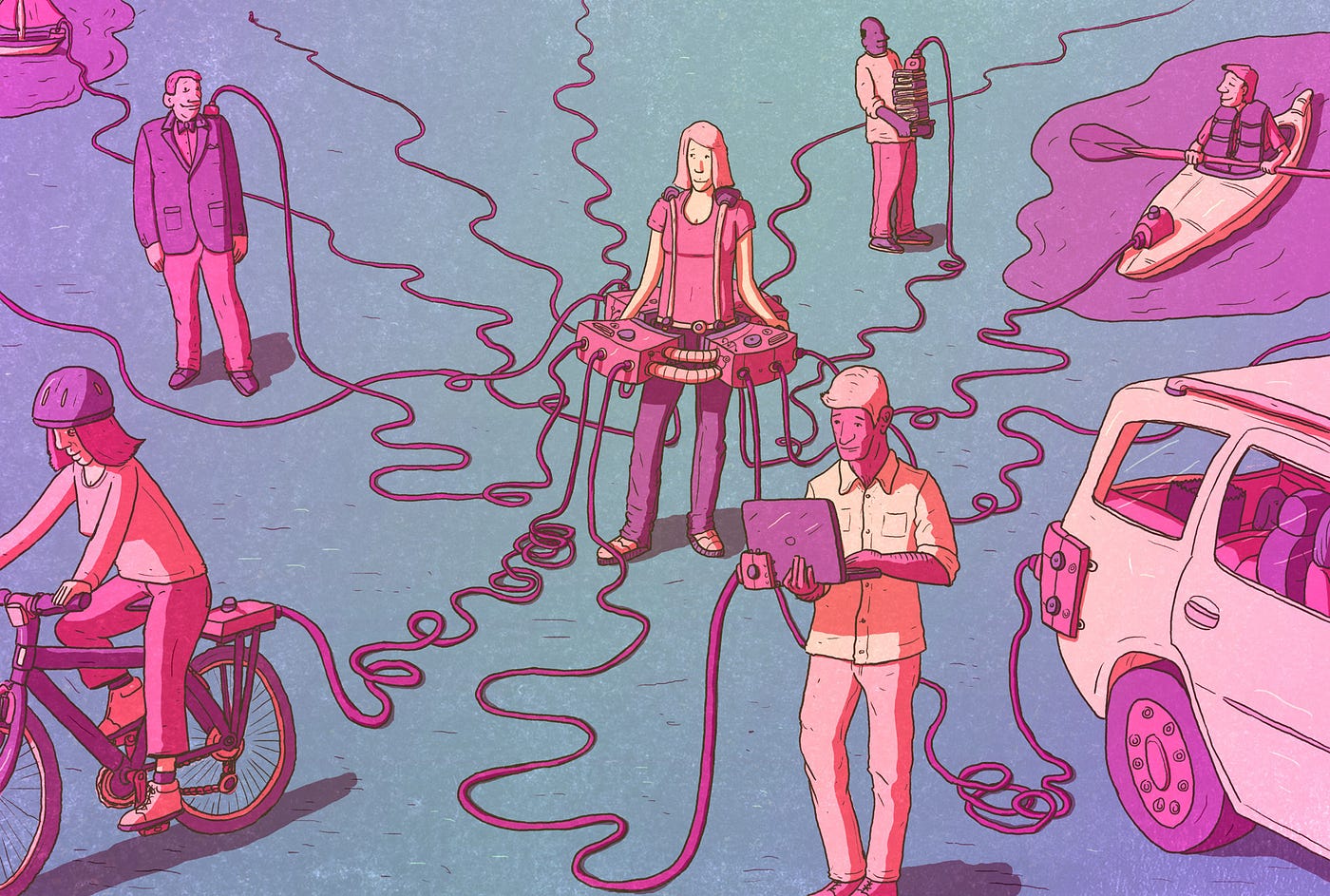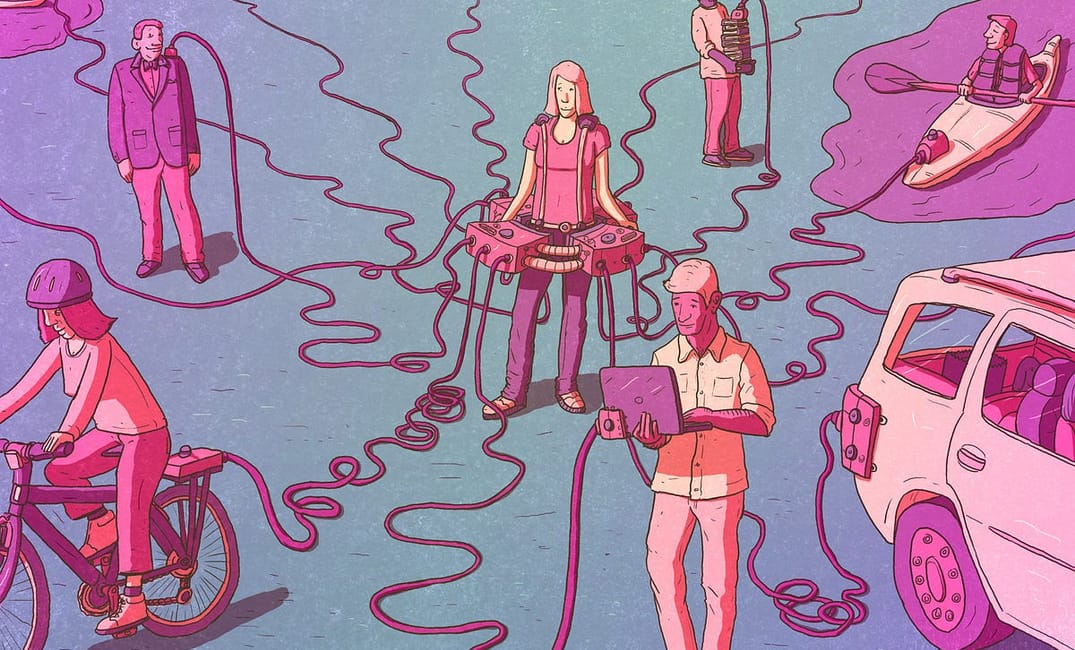
Dictionaries are static. They freeze words and pin them like butterflies to a collection board. But language is fluid; it changes with time — hence simple words can have far more complex meanings than a page can contain.
Still, I thought I knew what “sharing” meant. I thought we all did. Like “joy,” “heroism,” “grief,” “hunger” or “rage,” it’s a word that needs no definition. I don’t need the Merriam-Webster Dictionary to tell me what love is. There’s simply no way a book can tell us something that experience can’t.
So I’ve been confused by the growth of the phrase “the sharing economy.” My understanding was that “to share” meant to give freely in an act of charitable goodwill. To share a meal, to share a bed, to share a home. Cooperation without charge. Not only is money not involved; it cannot be involved, since that would change “sharing” to “selling,” and sharing is built on an emotional rather than a financial transaction.
When I first learned about sharing in kindergarten, I was told that it meant taking turns with the swings and art supplies. I wasn’t taught that it meant charging the kid next to me for borrowing the crayons I wasn’t using.
So how can it be sharing if I have to pay?
I had to have been missing something. There must be more to the concept, some second definition I didn’t know about. I looked in the dictionary.
“A portion belonging to, due to, or contributed by an individual or group,” the first definition read. “The part allotted or belonging to one of a number owning together property or interest” was the second. And then 2b: “any of the equal portions into which property or invested capital is divided.” And the verb: “to have or use something with others.”
What the …? No mention of generosity, of goods or services freely given and freely received? While I knew that sharing could be business related, that had always been a tangential connection in my mind. Yet these definitions made no prohibition against the notion of financial transaction and even seemed to encourage it.
But perhaps that was a later development, I thought. Words and cultures do change over time, and sometimes the meanings of words become their opposites. After all, “manufactured” once meant “handmade.” So it was conceivable that maybe something I now had to pay for used to be free.
However, the etymology reinforced the business aspects of the word, stating that “share” derived from “scearu,” an Old English word meaning to cut, or divide, from which we also get the word “shear,” as in “to shear a sheep.” That’s a bit of an uncomfortable alliance for me, considering the number of financial metaphors involving sheep and the act of shearing. I don’t imagine that someone who has been shorn of their assets or fleeced of a life’s savings could feel very charitable about it.
Well, who needs Merriam-Webster anyway? Let’s just see what the esteemed Oxford English Dictionary has to say about this.
Besides more entertainingly patrician example sentences (“They once shared a house in the Hamptons” and “Other countries don’t share our reluctance to eat goat meat”), the entries in the OED were nearly identical to those in the Merriam-Webster Dictionary. Portion, cut, investment. Basically, sharing means division, and to be quite lawyerly about it, there does not seem to be a reason why I can’t charge someone for goods and services and call it sharing.
How had I missed this?
Part of being an adult involves surrendering cherished childhood notions — sometimes willingly, but more often not. I just hadn’t expected that sharing was one of them. All those times I thought I was doing the right thing in being generous. On every birthday I had in elementary school, when the teacher announced I had brought cupcakes “to share,” I had missed an exquisite business opportunity.Nearly 30 years later, and I’m only just learning that sharing can involve money. As theOED’sglad-handing example sentencehas it, “Thanks to the sharing economy, you can easily rent out your car, your apartment, your bike, even your Wi-Fi network when you don’t need it.”
It turns out that the sharing economy hadn’t misappropriated the term — the concept was just misunderstood.
I’m starting to feel cheated. I could have made thousands. It makes me wonder what else I’ve missed out on for not doing the research.
How does the dictionary define love?








